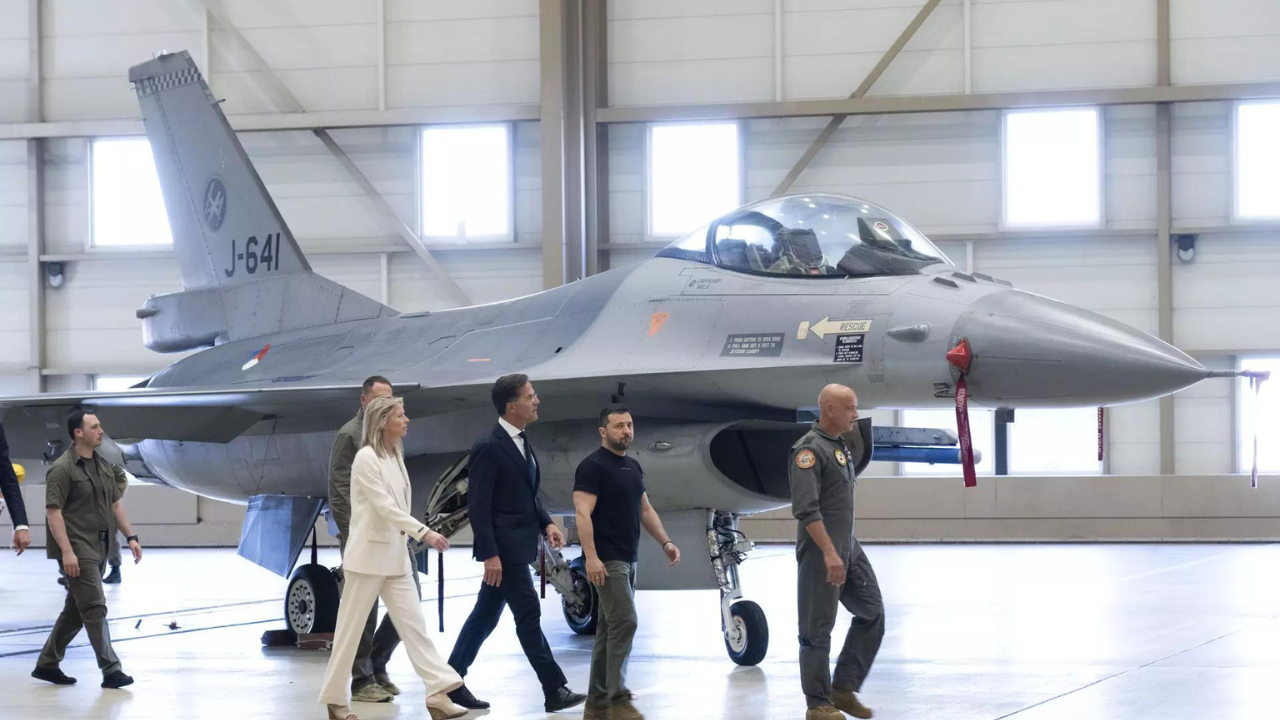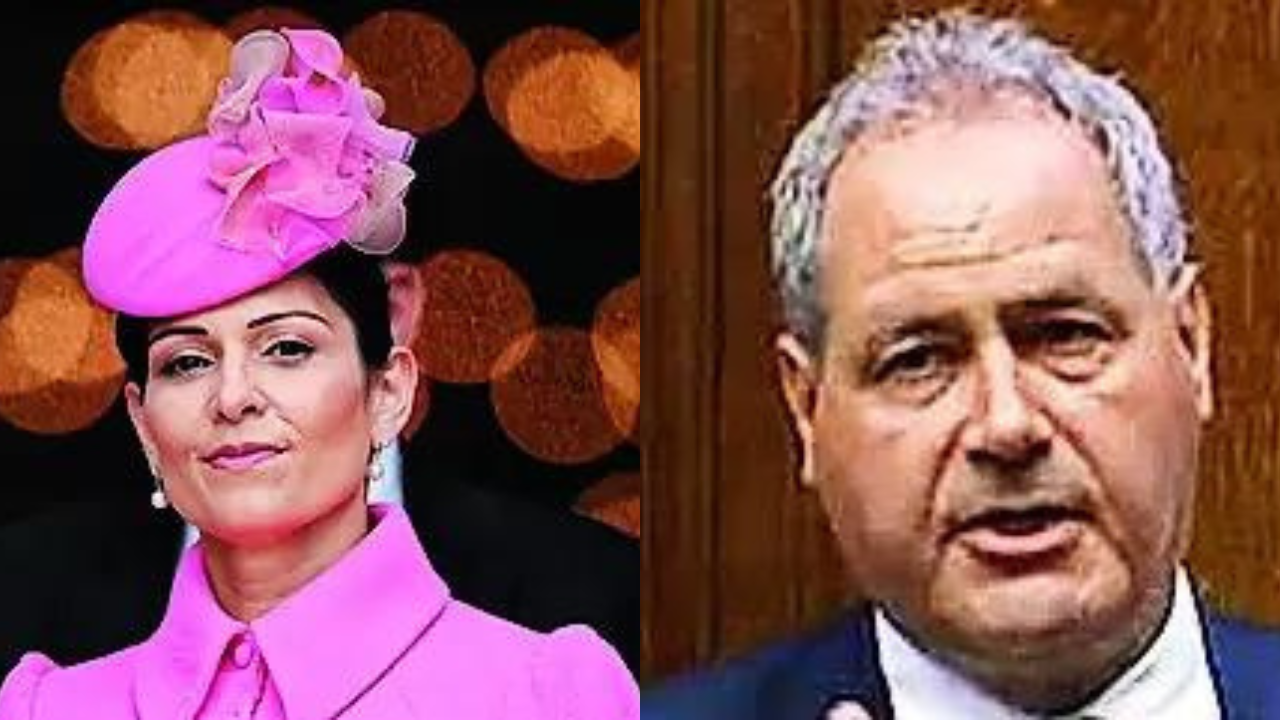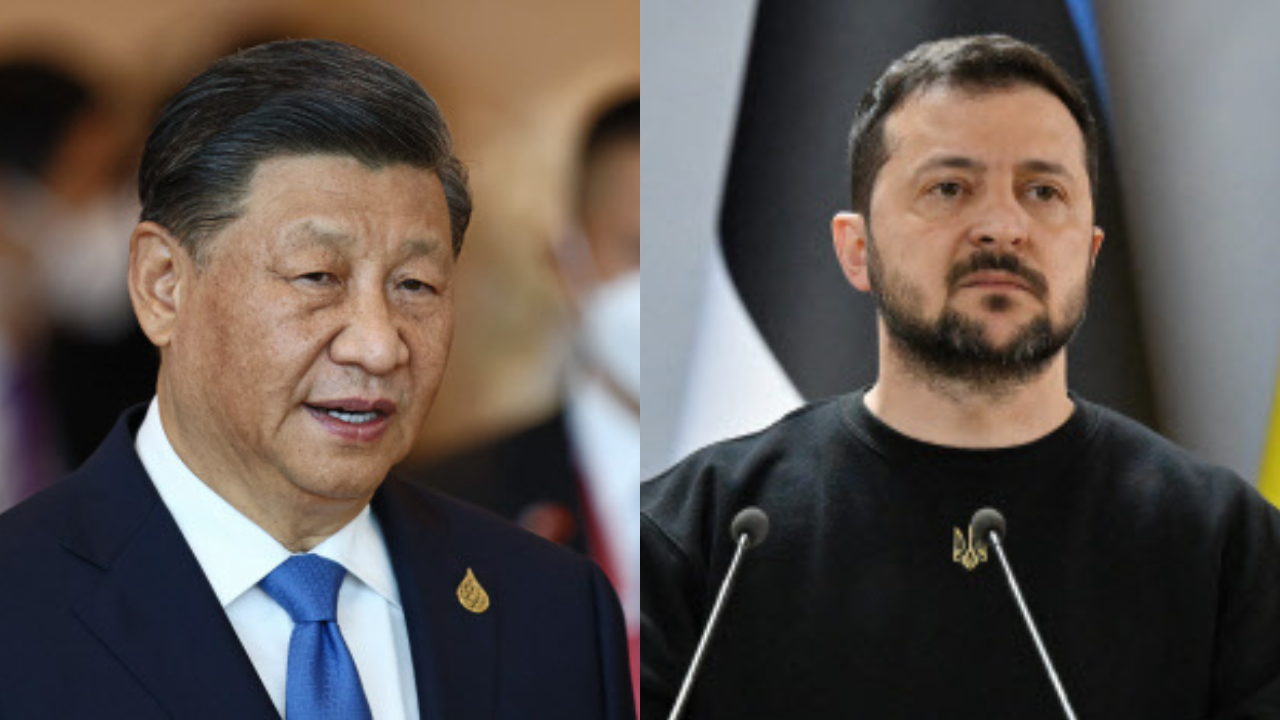Iran Leader Ayatollah To Lead Funeral Prayers For Hamas Chief Ismail Haniyeh
Iran was set to hold funeral processions on Thursday for Hamas political chief Ismail Haniyeh ahead of his burial in Doha after he was killed in a strike in Tehran blamed on Israel.

Iran was set to hold funeral processions on Thursday for Hamas political chief Ismail Haniyeh ahead of his burial in Doha after he was killed in a strike in Tehran blamed on Israel.
The Islamic Republic's supreme leader Ayatollah Ali Khamenei will lead the prayers for Haniyeh, having earlier threatened a "harsh punishment" for his killing.
Haniyeh's death was announced on Wednesday by Iran's Revolutionary Guards, who said he and his bodyguard were killed in a strike on their accommodation in the Iranian capital at 2:00 am (2230 GMT).
It came just hours after Israel targeted and killed top Hezbollah commander Fuad Shukr in a retaliatory strike on the Lebanese capital of Beirut, sending fears of a wider regional war soaring.
Israel declined to comment on the Tehran strike.
Khamenei, who has the final say in Iran's political affairs, said after Haniyeh's death that it was "our duty to seek revenge for his blood as he was martyred in the territory of the Islamic Republic of Iran".
The Hamas leader was in Tehran for the inauguration ceremony of newly elected President Masoud Pezeshkian on Tuesday.
The Iranian president said on Wednesday that "the Zionists (Israel) will soon see the consequences of their cowardly and terrorist act".
Hamas political bureau member Musa Abu Marzuk also vowed retaliation, saying: "The assassination of leader Ismail Haniyeh is a cowardly act and will not go unanswered."
The international community, however, called for de-escalation and a focus on securing a ceasefire in Gaza.
UN Secretary-General Antonio Guterres said the strikes in Tehran and Beirut represented a "dangerous escalation".
All efforts, he said, should be "leading to a ceasefire" in Gaza and the release of hostages taken during Hamas's October 7 attack on southern Israel.
US Secretary of State Antony Blinken also said Wednesday that a ceasefire in Gaza was still the "imperative".
Truce talks threatened
From the early hours of Wednesday, crowds took to the streets in cities across Iran to condemn Haniyeh's killing, with hundreds gathering in Tehran's Palestine Square to chant "Death to Israel, Death to America".
The Islamic Republic has not yet published any information on the exact location of the strike.
While Iran has blamed the attack on its arch-foe, Israel has declined to comment on Haniyeh's death. It did, however, claim the killing of Shukr, whom it blamed for a deadly weekend rocket strike on the Israeli-annexed Golan Heights.
The Israeli military said it "eliminated" Hezbollah's top commander in the strike, and a source close to the group said Wednesday that they had found his body in the rubble. Iran's IRNA news agency said Iranian military adviser Milad Bidi also died.
The killings come with regional tensions already inflamed by the war in Gaza, a conflict that has drawn in Iran-backed militant groups in Syria, Lebanon, Iraq and Yemen.
Hamas has for months been indirectly negotiating a truce and hostage-prisoner exchange deal with Israel, with Egypt, Qatar and the United States facilitating the talks.
Analysts told AFP that Haniyeh was a moderating influence within the Islamist group and that while he would be replaced, the dynamics within Hamas could change.
Israeli Prime Minister Benjamin Netanyahu has vowed to destroy Hamas in retaliation for the October 7 attack that ignited war in Gaza.
That attack resulted in the deaths of 1,197 people, mostly civilians, according to an AFP tally based on official Israeli figures.
Militants also seized 251 hostages, 111 of whom are still held captive in Gaza, including 39 the military says are dead.
Israel's retaliatory campaign against Hamas has killed at least 39,445 people in Gaza, according to the Hamas-run territory's health ministry.
The prime minister of key ceasefire broker Qatar said Haniyeh's killing had thrown the whole mediation process into doubt.
(Except for the headline, this story has not been edited by NDTV staff and is published from a syndicated feed.)



































![Safari Thorium Neo 8-Wheel Luggage Set Trolley Bags (Set of 3) at just Rs. 5,599 [MRP 29,100]](https://savefree.in/uploads/images/202409/image_870x580_66f63845060f0.webp?#)












![Handmade Brown Mango Wood Chopping Board At just Rs. 89 [MRP 599]](http://savefree.in/uploads/images/202303/image_870x580_641bf7e9c2206.jpg?#)


